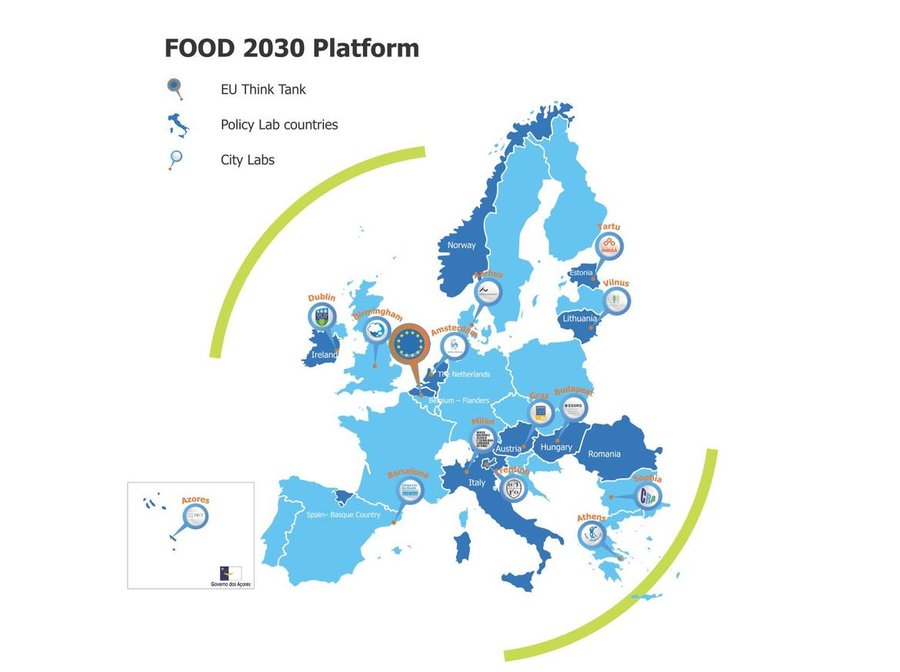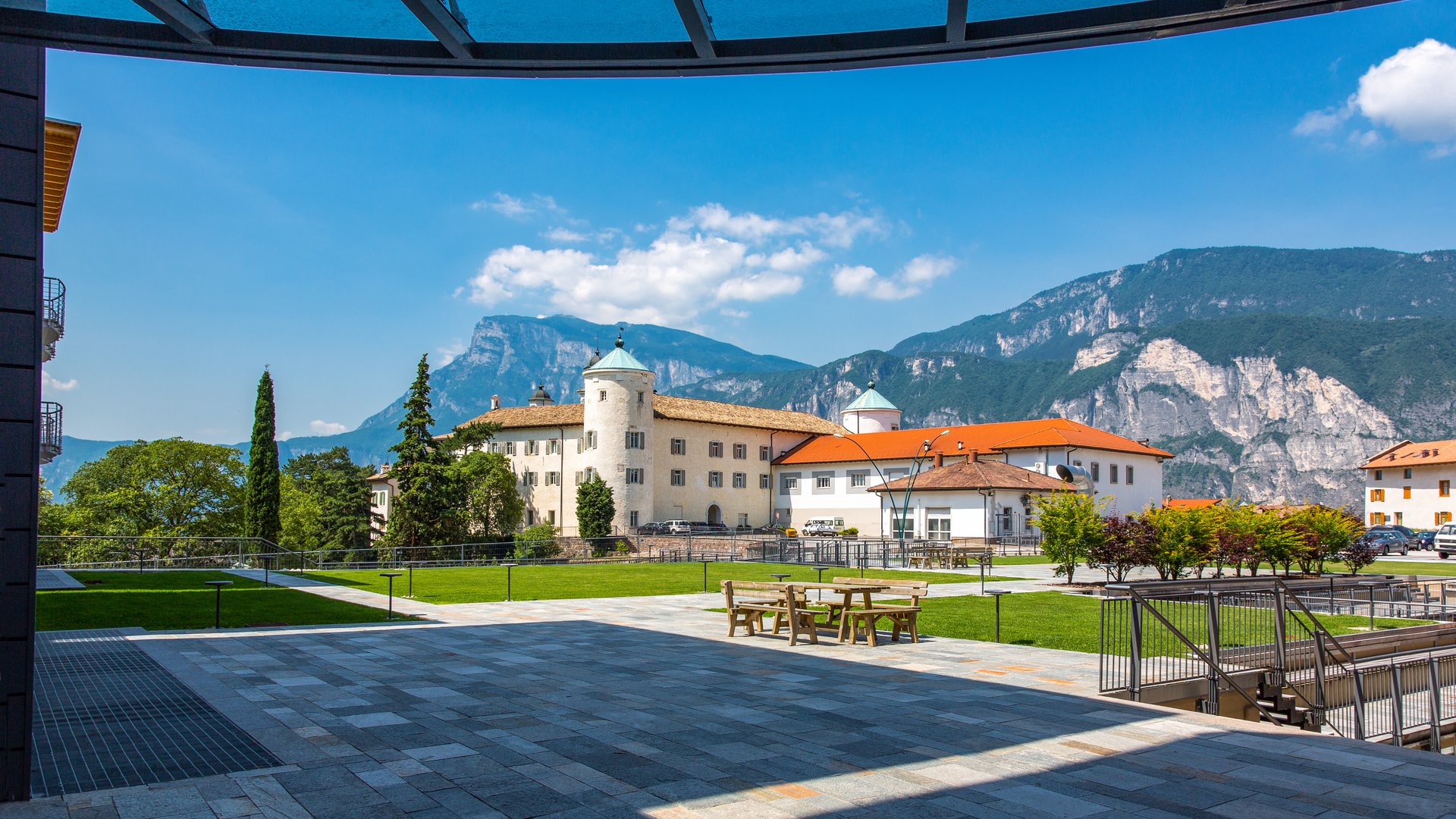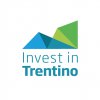
A notable achievement: by entering the Food2030 Platform, FEM Fondazione Edmund Mach Trentino is now able to actively participate in the definition of actions and policies in a sector, that of agrifood, which is fundamental for the local economy and growth. Food Lab Trentino will see FEM as the spokesperson of the Trentino with two specific activities within FIT4FOOD2030, the Horizon 2020 project aiming to support the EU Commission in the transformation of the future agrifood systems: first, the organization of a workshop designed to collect inputs from territory in order to feed the Food 2030 Platform and thus the experimentation of a training module within the project.
The Food 2030 policy foresees the mobilization of all actors of the European agri-food system at various levels, from EU to local, starting from the assumption that it is necessary to change the way we produce, process, transport, consume and waste our food, and make European agri-food systems sustainable through Research and Innovation. The European Commission believes that in order to achieve this transformation we need to adopt a systemic approach and involve all actors in a joint effort towards a transition to sustainable, resilient, responsible, inclusive, diverse and competitive agri-food systems.
The Food 2030 Platform, to which FEM has adhered, is formed by an EU think tank, composed of 15 international experts, and 25 Living Labs at national and local level, in addition to the 16 institutions that are part of the FIT4FOOD2030 project consortium.
There are 11 national Living Labs, based in Italy, Belgium, Hungary, Romania, Lithuania, the Netherlands, Norway, Austria, Estonia, Ireland and Spain and led by Ministries (in Italy, the Ministry of Agriculture, Food and Forestry). These "Policy Labs" have the task of analysing and aligning research and innovation policies and programmes on food and nutritional security at national level with the aim of proposing a shared vision among the different stakeholders. The 14 Food Labs and City Labs, on the other hand, are the subjects that have the task of developing and implementing training modules and specific actions in relation to the challenges of the sector directly involving citizens, students, consumers, researchers and professionals. In addition to FEM, these labs are based in Aarhus, Amsterdam, Athens, the Azores, Barcelona, Birmingham, Budapest, Dublin, Graz, Milan, Sofia, Tartu, Vilnius.






